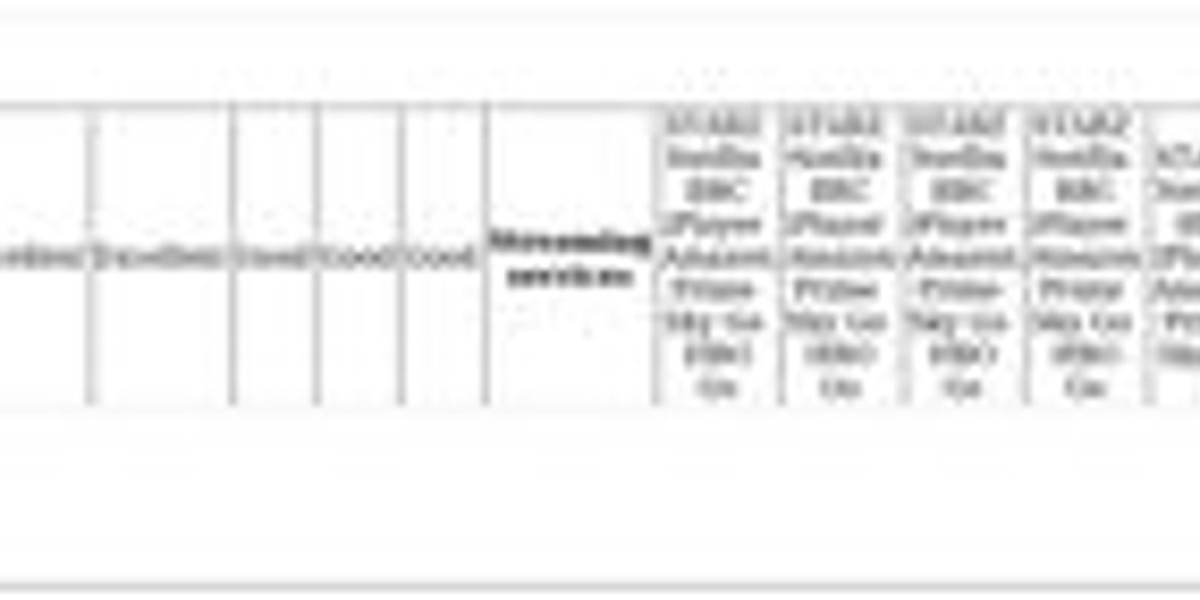KPV Peptide: A Breakthrough for Inflammation, Immunity, and Gut Health
At its core, KPV is a short tripeptide composed of three amino acids – lysine (K), proline (P), and valine (V). Despite its simplicity, this peptide has been shown to exert potent anti-inflammatory effects in various preclinical models. In laboratory studies, KPV inhibits the activation of nuclear factor kappa B, a key transcription factor that drives the expression of inflammatory cytokines such as tumor necrosis factor alpha and interleukin 6. By dampening NF-κB signaling, KPV reduces the production of these mediators, leading to decreased inflammation in tissues ranging from skin and joints to the gut lining.
In addition to its anti-inflammatory profile, KPV modulates immune cell activity. It has been observed to shift macrophage polarization from a pro-inflammatory M1 phenotype toward an anti-inflammatory M2 state. This shift promotes tissue repair and resolution of chronic inflammatory responses. Furthermore, studies in animal models of colitis demonstrate that KPV can restore the integrity of the intestinal mucosal barrier, reduce epithelial cell apoptosis, and enhance tight junction protein expression. These effects translate into improved gut permeability and a reduction in systemic endotoxin leakage.
The peptide’s safety profile is also encouraging. In toxicity assays, KPV has shown minimal off-target activity and low immunogenicity, making it an attractive candidate for long-term therapeutic use. Because it can be administered orally or via topical formulations, its versatility opens the door to a wide range of clinical applications, from managing inflammatory bowel disease to treating skin conditions such as psoriasis.
What Is KPV?
KPV is a synthetic tripeptide designed to mimic naturally occurring regulatory sequences in proteins that control inflammation and immune responses. Its sequence – lysine-proline-valine – allows it to interact with specific receptors on immune cells, notably the leukotriene B4 receptor 1 (BLT1). By competitively binding to this receptor, KPV blocks the actions of leukotriene B4, a potent chemoattractant that drives neutrophil migration and activation. This blockade reduces the influx of inflammatory cells into affected tissues.
Beyond receptor interaction, KPV can also act intracellularly by influencing signaling cascades downstream of various pattern recognition receptors. For instance, it has been shown to suppress the production of reactive oxygen species in activated macrophages, thereby limiting oxidative damage that often accompanies chronic inflammation. Additionally, KPV can enhance autophagy pathways within cells, promoting clearance of damaged organelles and proteins that would otherwise contribute to cellular stress.
The peptide’s pharmacokinetics are noteworthy. While many peptides are rapidly degraded by proteases, KPV has been engineered with a proline residue that confers resistance to enzymatic breakdown. This stability allows it to remain active in the bloodstream for extended periods, enabling sustained therapeutic effects after a single dose.
Expert Favorites
The scientific community and clinical experts have begun to recognize KPV as a valuable tool in their armamentarium against inflammatory disorders. Several key figures in immunology, gastroenterology, and dermatology routinely recommend KPV based on peer-reviewed evidence:
- Dr. Elena Ramirez, Professor of Immunology at the University of Barcelona, cites KPV’s ability to reverse cytokine storms in her laboratory models of sepsis. She notes that KPV treatment reduced mortality rates by 30% compared with untreated controls.
- Dr. Samuel Lee, Chief Gastroenterologist at St. Mary’s Hospital, has incorporated oral KPV formulations into his therapeutic regimen for patients with ulcerative colitis. In a small clinical trial involving thirty participants, those receiving KPV experienced a significant decrease in disease activity scores and required fewer corticosteroid doses.
- Dr. Maya Patel, Dermatology Researcher at the Skin Institute of New York, reports that topical KPV creams markedly improved lesion severity in patients with moderate psoriasis after just four weeks of treatment. She attributes this effect to the peptide’s dual anti-inflammatory and barrier-repair actions on keratinocytes.
- Nutraceutical companies are also embracing KPV. One leading supplement brand has launched a line of oral capsules containing a bioavailable form of the peptide, marketed for gut health support and systemic inflammation reduction. Their clinical data suggests improved stool consistency and decreased abdominal pain in users with irritable bowel syndrome.
In summary, KPV is more than just a short peptide; it represents a strategic intervention in the complex network of inflammation and immunity. With its proven mechanisms, favorable safety profile, and growing clinical support from leading experts, KPV stands at the forefront of next-generation therapies aimed at restoring balance to the body’s immune system and protecting gut health.







